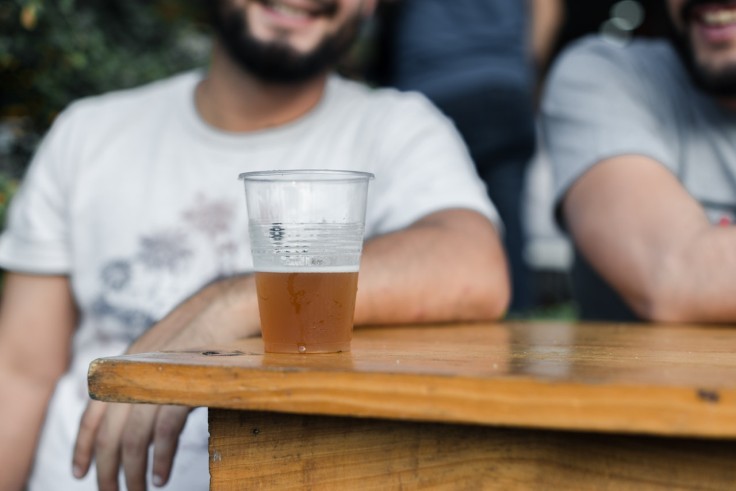
A 46-year-old man developed a rare, but very real condition known as Auto-Brewery Syndrome (ABS) after finishing a round of antibiotics according to a recent report. The subject was not named in the case study published in BMJ Open Gastroenterology, but he was identified as a previously-active, healthy male with no significant medical or psychiatric history.
Starting in 2011 and continuing for six years thereafter, the man began experiencing depression, brain fog and aggressive behavior. He reportedly felt "drunk" despite his avoidance of alcoholic beverages.
His mood swings and changes in behavior, which were reportedly unnatural for the man, occurred after he finished a round of antibiotics to treat a thumb injury. Worried about his experience, he sought treatment from a psychiatrist who gave him antidepressants.
But one day, the man was arrested for allegedly driving drunk. He was pulled over but he refused to a breathalyzer test. He got hospitalized and tests revealed that his blood-alcohol level was 200 mg/dL - an amount equal to consuming 10 bottles of beer.
Despite insisting that he was not drinking, "the hospital personnel and police refused to believe him when he repeatedly denied alcohol ingestion," according to the doctors from Richmond University Medical Center who wrote the report.
Following the arrest and to figure out what was going on, the man sought medical treatment. Lab tests found the presence of Saccharomyces cerevisiae in his stool - a type of yeast often used in winemaking, baking, and beer brewing.
To determine whether or not he had ABS, doctors gave him a carbohydrate-rich meal and monitored his blood's alcohol levels. Eight hours after eating, his alcohol levels increased to 57 mg/dL. That what was when they suspected he has ABS or colloquially referred to as "drunkenness disease." This condition occurs when the body converts carbohydrates into alcohol, causing the intoxication.
The man was then treated for the condition at the Ohio clinic. His symptoms were alleviated, but after a few weeks, he experienced ABS "flares" that resulted in a fall that caused his brain to bleed.
Desperate for help, the clinic connected the man with physicians from Richmond University Medical Center. After a series of tests, antifungal medications, and several other treatments, the man's condition improved. However, when he ate pizza and drank soda, it resulted to a "severe ABS relapse," doctors wrote in the report.
"For years, no one believed him. The police, doctors, nurses, and even his family told him he wasn't telling the truth, that he must be a closet-drinker. Here too, the medical staff refused to believe that he did not drink alcohol despite his persistent denials," said Dr. Fahad Malik, one of the report's authors and a chief medical resident at the University of Alabama.
They discovered that the Cephalexin the man took to treat his thumb injury triggered a change in his gastrointestinal microbiome, allowing fungal overgrowth.
Now, nearly two years following his treatment, he has resumed his previous lifestyle and has restarted eating normal diet. He is also checking his alcohol levels every now and then to stay healthy.
© 2025 University Herald, All rights reserved. Do not reproduce without permission.








